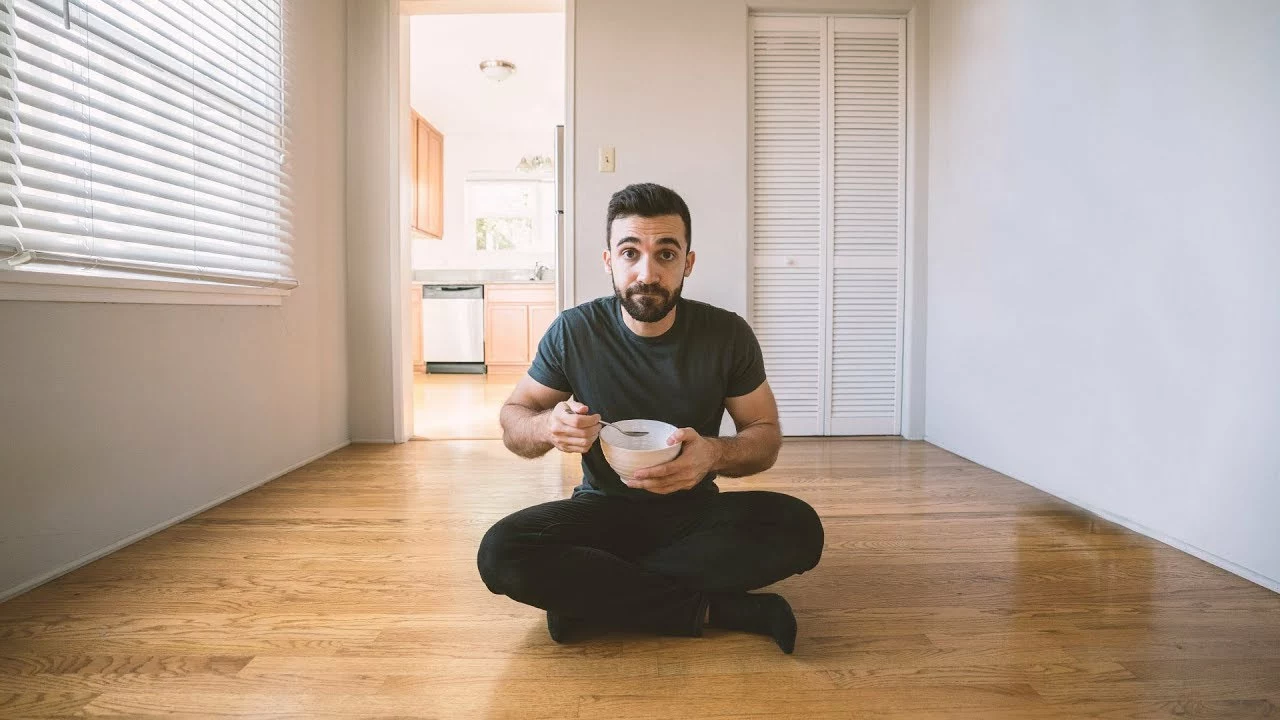Understanding Minimalism
Before we delve into the possibility of living a minimalist life in India, it's important to understand what minimalism truly is. Minimalism isn't just about owning less stuff. It's a lifestyle and a mindset that encourages living with less and finding freedom and happiness in owning fewer possessions. It's about removing the unnecessary things in our lives to focus on what's truly essential. This can apply to physical possessions, relationships, activities, and even thoughts. The aim is to achieve greater peace, freedom, and time to focus on the things that truly matter to us.
The Indian Context
India is a country of diverse cultures, traditions, and lifestyles. For many, the idea of minimalism might seem foreign or impractical. In a society where success is often equated with material wealth and possessions, the idea of consciously choosing to own less can be challenging. However, it's essential to remember that minimalism isn't about deprivation. It's about choosing to value experiences, connections, and personal growth over material possessions. So, can minimalism be practiced in India? Absolutely. But it might look different than what's typically portrayed in the Western media.
Benefits of Minimalism
Minimalism can offer many benefits, especially in a fast-paced, consumer-driven society like India. By choosing to own less, you can reduce stress and anxiety associated with clutter. It can also lead to financial freedom, as you're not constantly striving to buy the latest gadgets or keep up with the latest trends. Minimalism can also help foster a greater appreciation for the simple things in life, cultivate mindfulness, and provide more time and space for the things that truly matter to you.
Challenges of Minimalism in India
While there are many benefits to minimalism, it's not without its challenges, especially in the Indian context. There can be societal pressure to conform to certain standards of living and consumerism. Often, possessions are seen as a symbol of wealth and success. Additionally, the concept of minimalism might be misunderstood or met with skepticism by friends and family. However, it's important to remember that minimalism is a personal journey and it's about making choices that align with your values and goals.
Starting Your Minimalist Journey
Starting your minimalist journey in India doesn't have to be daunting. Begin by decluttering your space. Get rid of things that you no longer need or use. This can be a cathartic process and can help create a more peaceful and stress-free environment. Start prioritizing experiences over possessions. Instead of buying the latest gadget, spend your money on experiences that add value to your life.
Minimalism and Sustainability
Minimalism and sustainability go hand in hand. By choosing to own less and buy less, we can reduce our carbon footprint and contribute to a more sustainable planet. This is particularly relevant in India, where pollution and waste are significant issues. By embracing minimalism, we can contribute to a more sustainable future for our country.
Minimalism and Indian Traditions
Interestingly, many Indian traditions and philosophies align with the principles of minimalism. Concepts of non-attachment to material possessions, contentment, and simplicity are deeply rooted in Indian culture. By embracing these values, we can rediscover a form of minimalism that's uniquely Indian and deeply rooted in our traditions and culture.
Living a Minimalist Life in India
In conclusion, it's absolutely possible to live a minimalist life in India. It might not always be easy, and it might look different than the minimalism portrayed in Western media. But by focusing on the principles of minimalism – simplicity, intentionality, and finding joy in less, we can all embark on our minimalist journey. It's about finding what works for you and aligning your lifestyle with your values. And remember, minimalism is a journey, not a destination.



